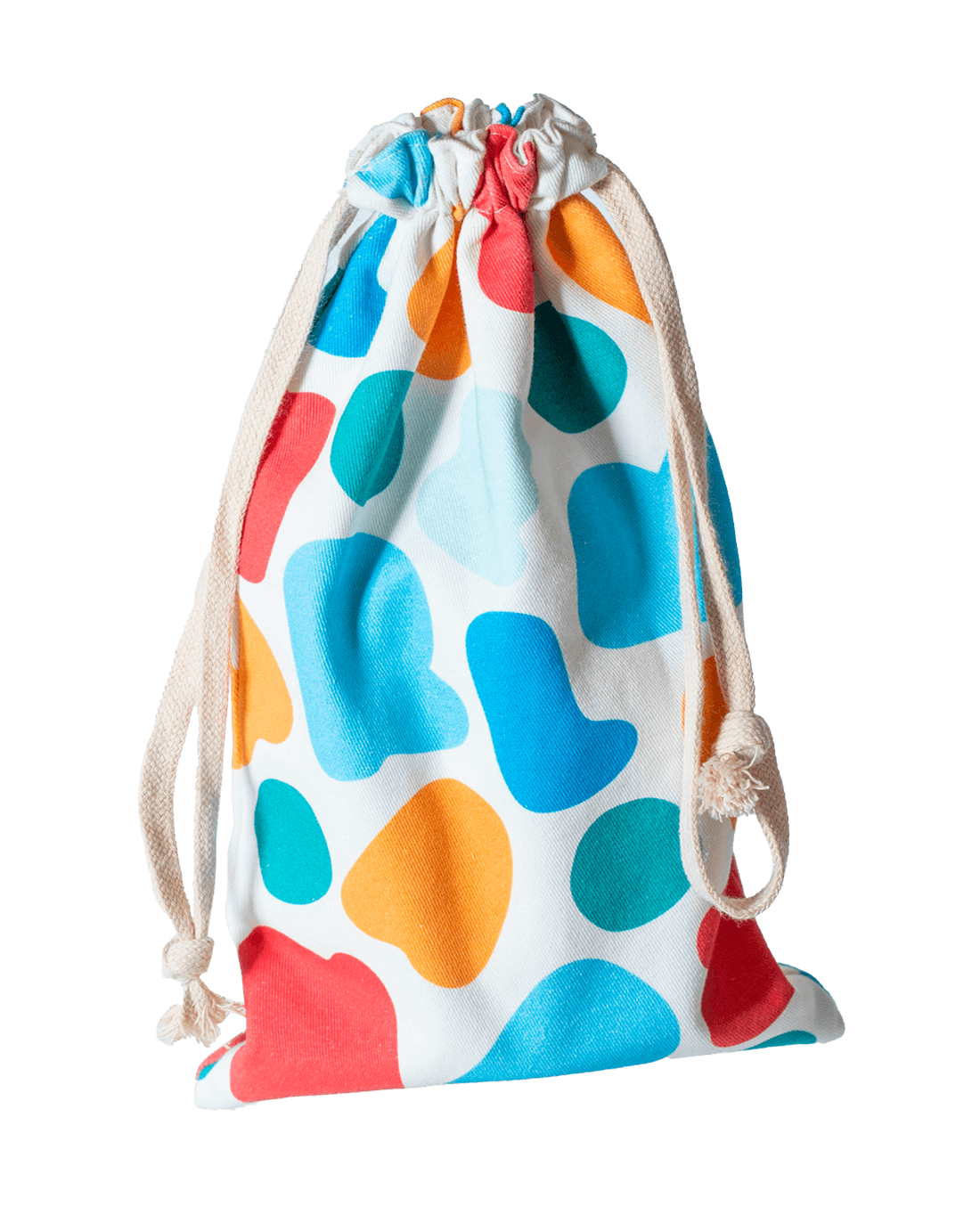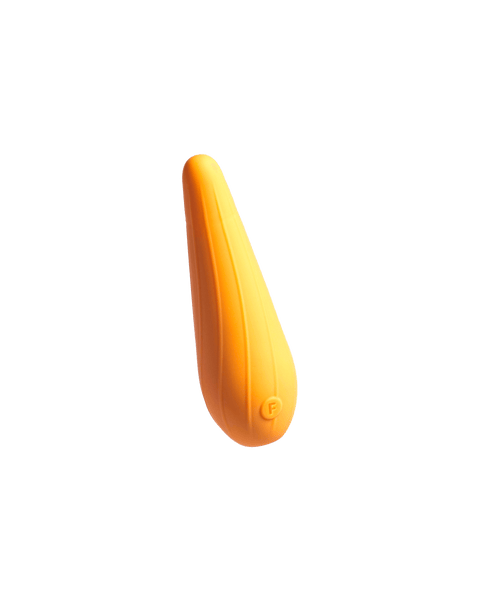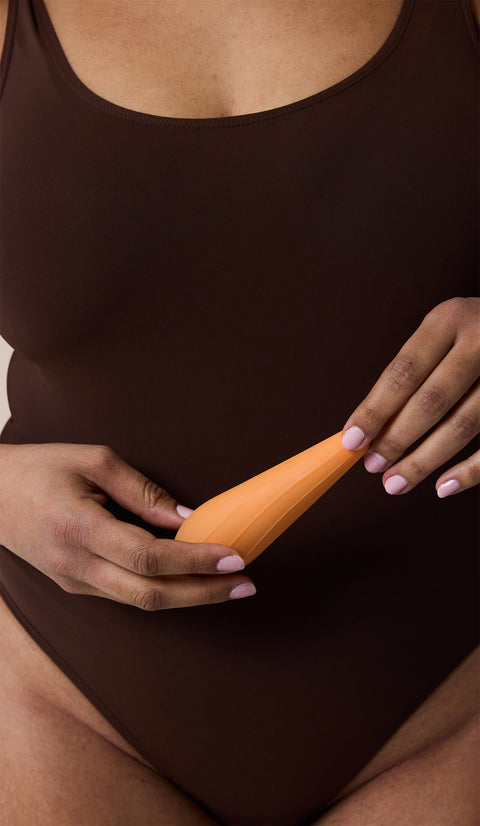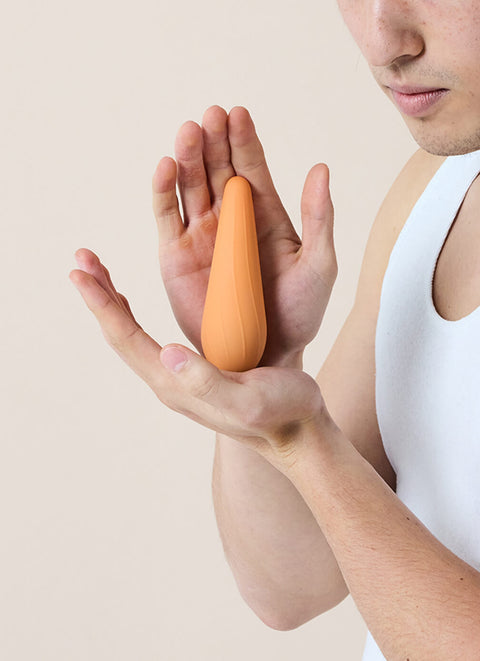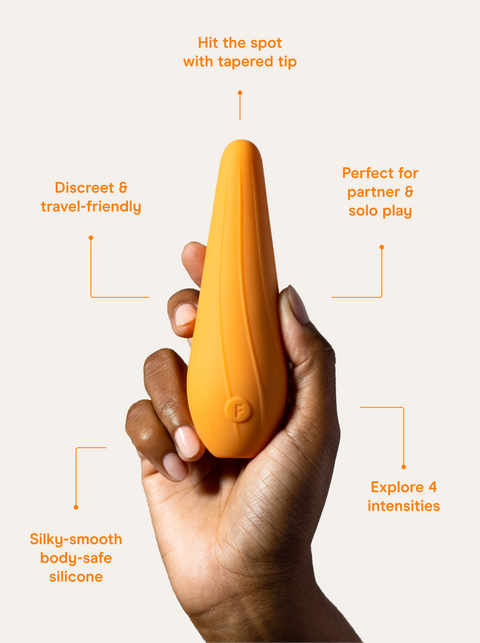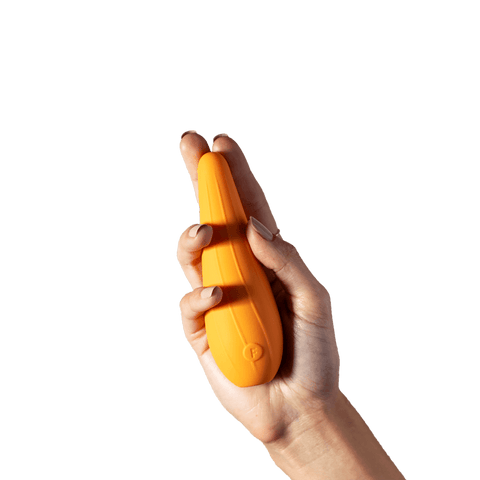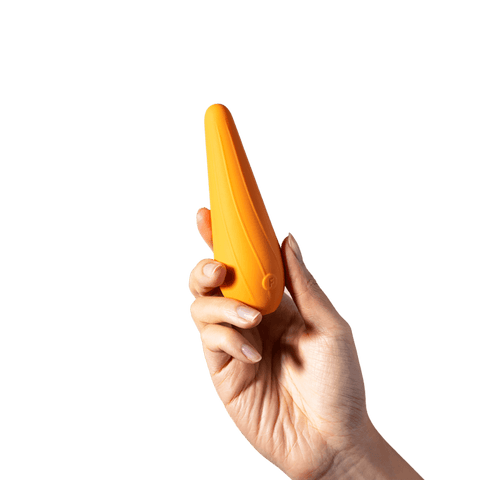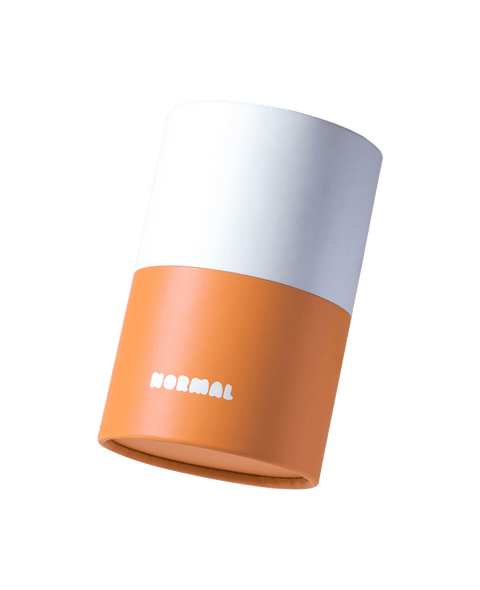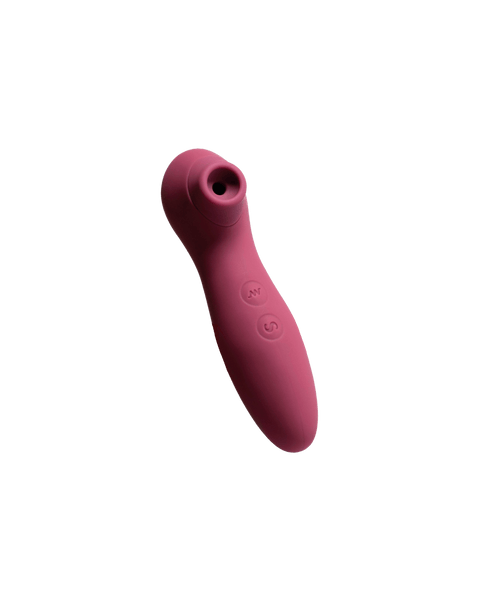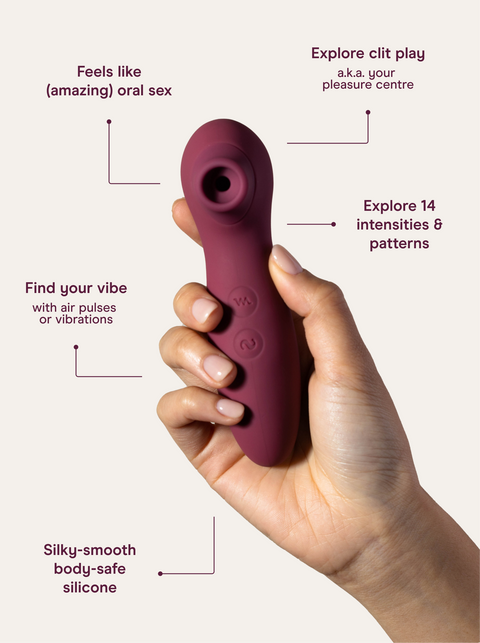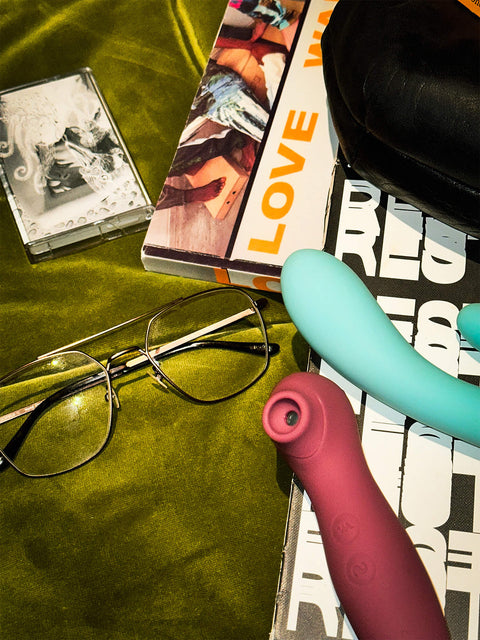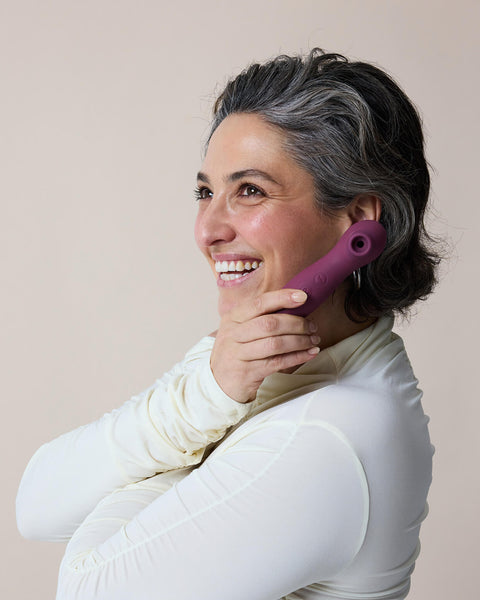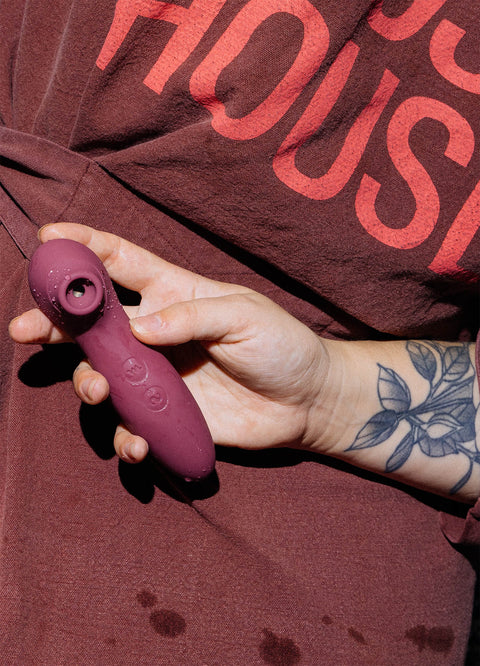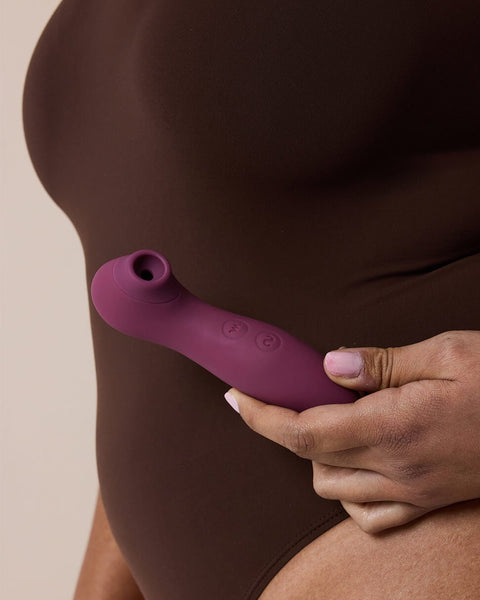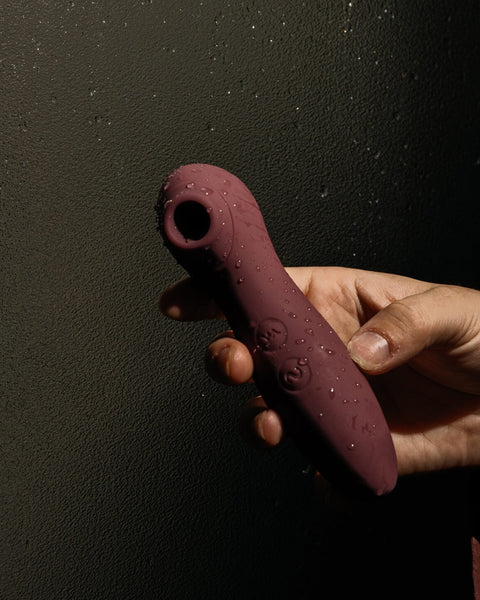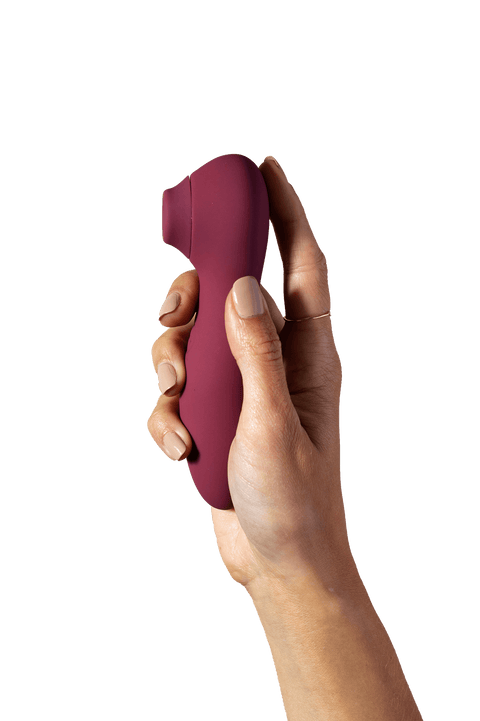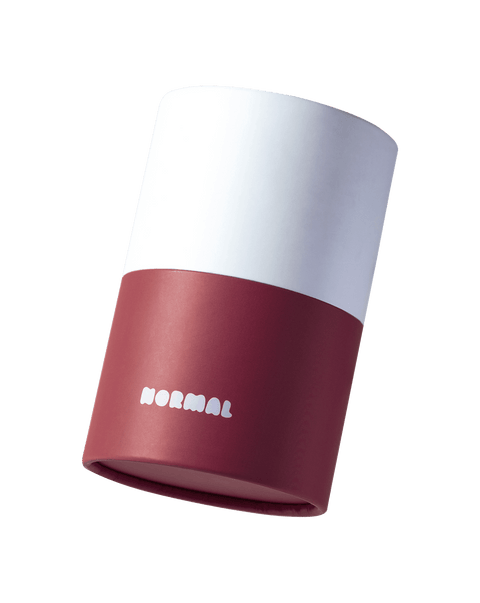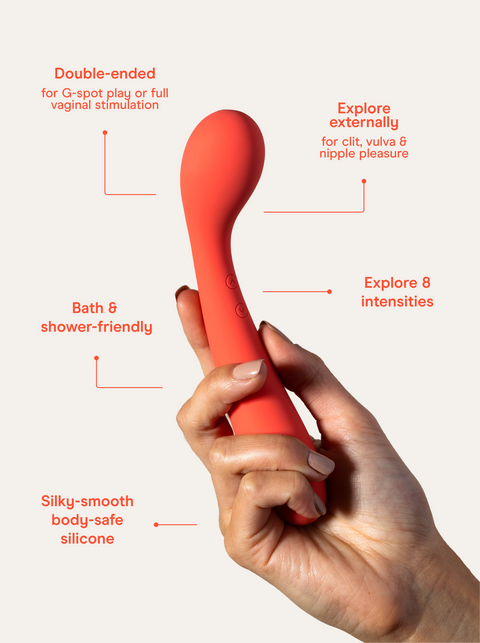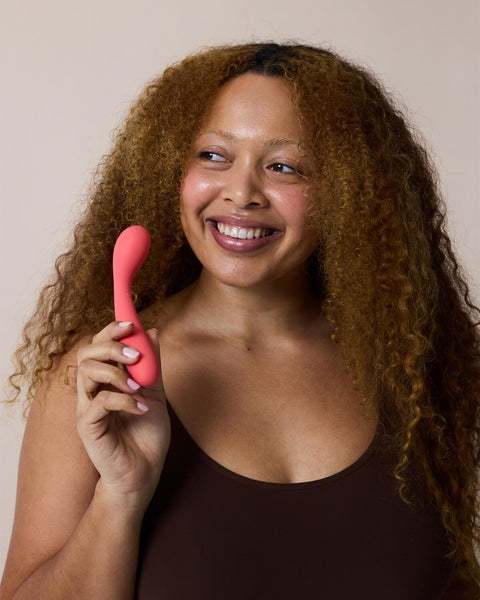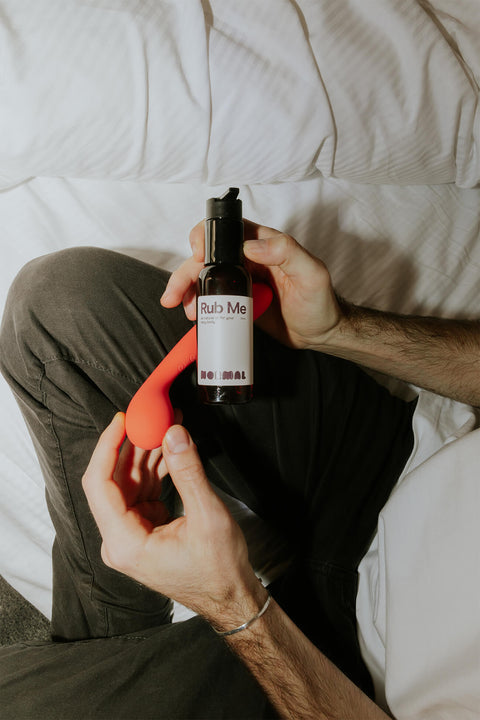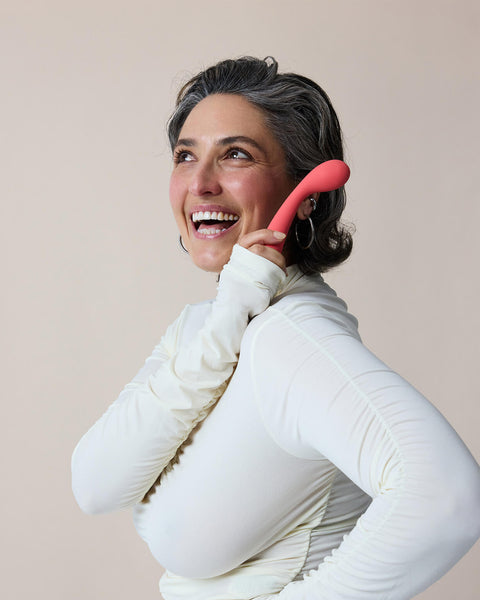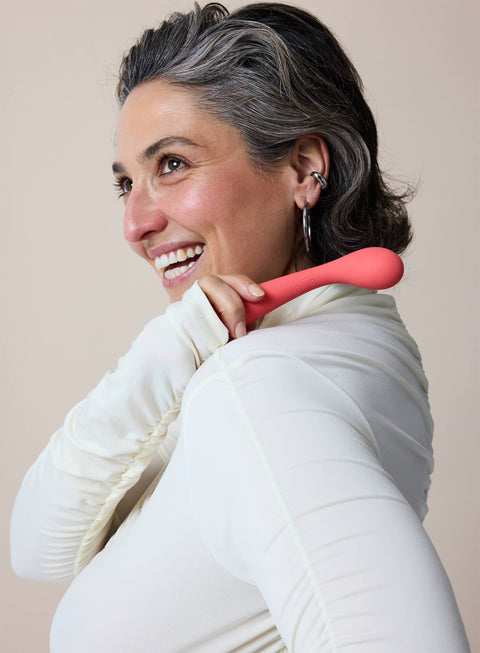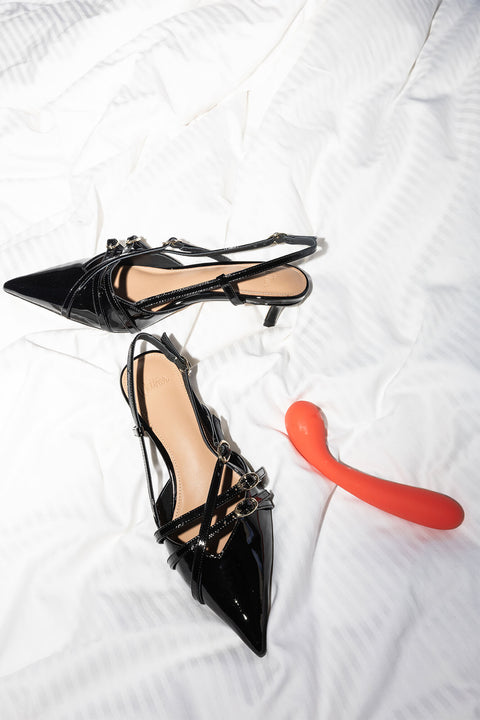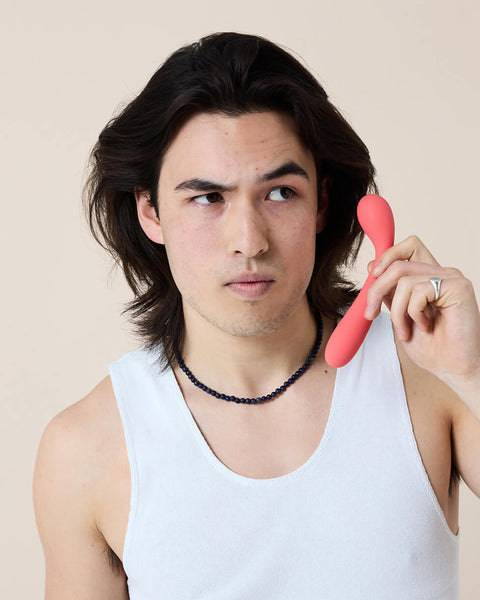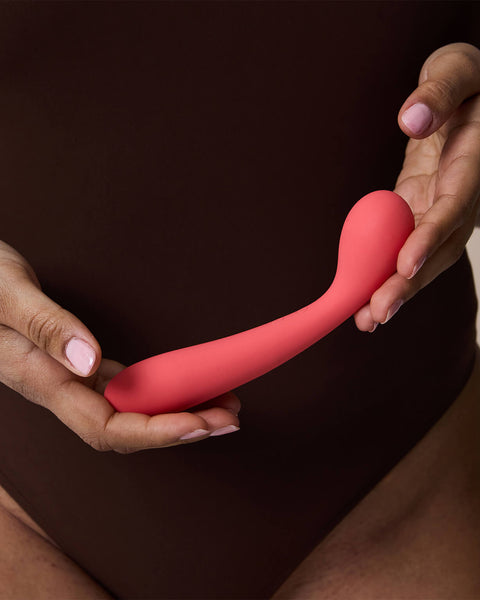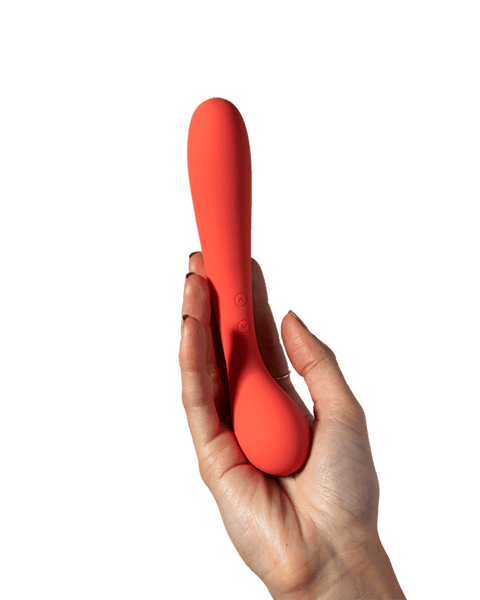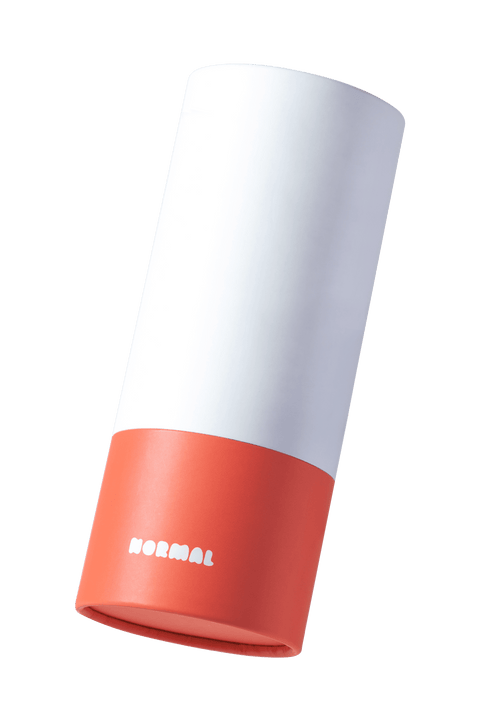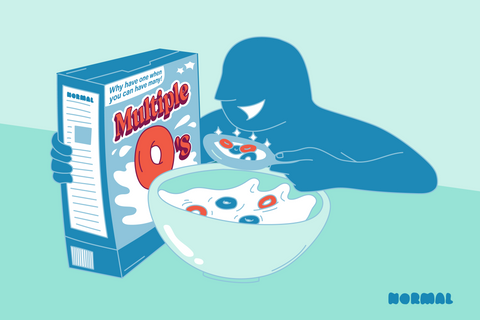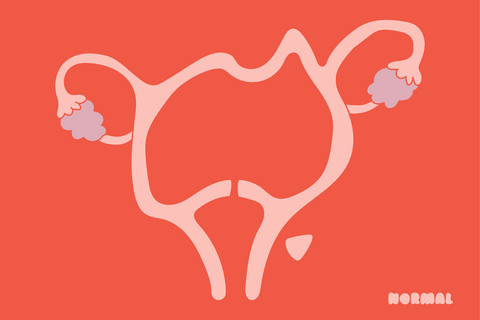Jade eggs, vaginal steaming, and…vulva face masks?
Despite what you may have read online or heard from some particular celebrities—ahem, Gwyneth Paltrow—your vulva and vagina do not need a cabinet full of expensive beauty products.
In fact, the genitals are a pretty low-maintenance body part, and really only require an external wash with mild soap and water to keep clean.
But how can this be, right? How is it that one of the most complex parts of our bodies needs relatively little in comparison to, say, our hair, skin, or teeth?
Well, it all has to do with our pH levels. So read on, and we’ll give you everything you need to know.
Vulva vs. vagina: what’s the difference?
Okay, first things first. Let’s explain the difference between the vulva and the vagina, because it’s surprisingly common to mix up the two terms or assume that they both refer to the same part of your body.
The vulva is, essentially, the external part of your genitals. It includes the clitoris, the clitoral hood, the labia, the urethra (the hole you wee out of) and the opening to the vagina. Everyone’s vulva looks different—they can vary in colour, size, scent, and hair placement.
The vagina is essentially a fleshy tube that connects the vulva to the uterus. The vagina is where blood can leave the body during a period, where tampons can be inserted, where babies can exit the womb from, and where fingers, sex toys, and penises can be inserted for sexual pleasure.
The Labia Library has a great, simple diagram of the vulva that we think is really helpful to look at as you get to know your body and how to care for it.
An intro to vulva health
All things considered, the vulva and vagina are pretty low-maintenance. Unlike our teeth or skin, they don’t require a lot of hands-on care beyond a quick wash every day with some clean lukewarm water.
That’s because the vagina, in particular, is self-cleaning. That’s right—it literally keeps itself clean!
It all has to do with a little microorganism called Lactobacilli. Lactobacilli lives in the fluid or ‘wetness’ of the vagina, and protects the whole area from other bacteria by making that fluid slightly acidic. The acidity in the vaginal fluid is strong enough to kill off other bacteria and infections, but of course not strong enough to kill off Lactobacilli, who likes to live in a slightly acidic environment.
To delve a bit deeper into the science, the acidity of our vaginal fluid—and in fact, any liquid—can be measured on a pH scale. The pH scale goes from 0 to 14, with 0 being the absolute most acidic and 14 being the absolute least acidic or most alkaline.
To put this into context, battery acid is a 1.0 on the pH scale because it is highly acidic. Lemon juice is a 2.2, and vinegar is a 2.8. On the other end of the spectrum, oven cleaner is 13.8, and baking soda is at 8.3. Right in the middle of the pH scale, at a perfect 7, is drinking water. The pH level of the vagina is usually around 3.8 to 5.0, which is a little bit acidic—roughly as acidic as a tomato.
(By the way—if you’ve ever noticed that your underwear develops a light stain in the crotch, almost like it’s been bleached, it’s because of the acidity levels in the vaginal fluid. Thanks Lactobacilli…!)
Anyway, this acidity—which can be measured on the pH scale—is ideal for the vagina. As we know, the ideal level of acidity in our vagina is strong enough for Lactobacilli to live comfortably, but too acidic for other bacteria to grow.
But what happens when the pH level of the vagina is altered?
Here’s the deal with douching (and a whole of other ‘vaginal care’ products)
Whenever we put something into our vagina or on our vulva, we run the risk of altering our pH level by adding something that may be a lot more—or a lot less—acidic than our vaginal fluid.
If our pH level is altered too much, it can lead to yeast infections, UTIs or urinary tract infections, bacterial vaginosis, or trichomoniasis. All of these are infections that can be caused by a disruption in the pH level of our vagina, and all of these infections can be painful, irritating, and lead to further complications if left untreated.
Of course, it’s not possible or even practical to avoid putting anything onto your vulva, ever. So let’s look at some things that are completely safe to use around your genitals:
- Clean water. Water, with a pH level of 7, is about the most neutral substance out there. We recommend gently washing the vulva once a day with clean, lukewarm water—and although we don’t recommend putting water into your vagina, it’s completely safe for you to sit in, say, a bath of water or a swimming pool.
- Mild soap. Some people argue that even a mild soap is not necessary for use around the vulva, but if you want to use one we encourage you to look for a soap that is designed to be used on the genitals. Your minty fresh body wash or foaming facial cleanser, for example, would not be an ideal option! No matter what soap you use around the vulva, always avoid putting it inside the vagina.
- Lube. We highly encourage using lube for any sexual play—not only can it feel great, but it can prevent chafing and tearing as well. Most lubricants produced by well-known sexual health brands will be designed to be safely used on the vulva and inside the vagina (ours certainly is!), although if you find that you’re particularly susceptible to vaginal pain or infections it may be best to discuss your lubricant options with you GP or sexual healthcare provider. Fun fact: the World Health Organisation actually recommends using vaginal lubes that have a pH value of 4.5, which as we now know is about in the middle of the range for most vaginal pH levels.
- Medications that have been prescribed to you by a doctor. If your doctor has prescribed a medication that needs to be applied onto the vulva or into the vagina, you should definitely follow their advice. If you have any concerns about how a medication may affect your vulva or vagina, do discuss it with your doctor.
Before we get into things that you definitely shouldn’t use on your vulva or in your vagina, we’ll mention something that can affect your pH levels but may not be something that you want to avoid. That’s other people’s bodily fluids. Semen, saliva, blood, and vaginal fluids (other than your own) can disrupt your pH levels if they come into contact with your vulva and vagina. Semen, for example, has a pH level between 7.2 and 8.0, which is far more alkaline than the vagina. We couldn’t find a lot of research on exactly what the effects can be of having another person’s bodily fluids around your genitals, although our guess is that the contact any of us have with such fluids is minimal enough that it won’t have an extended affect on our vaginal health. However, we do recommend having a chat to your GP if this is something that concerns you—and, of course, we always recommend speaking to any new partner about STIs and pregnancy (if relevant) before having unprotected sexual contact.
Now let’s look at some things that we do not recommend using on your vulva or in your vagina.
- Unclean sex toys. We’re big advocates for properly cleaning your sex toys, because a dirty or unclean sex toy can introduce bacteria into your body—and, depending on how you store your toys, dust and dirt as well. We recommend always cleaning your sex toys before and after use, storing them out of the way of dust and dirt, and using a condom or dental dam over toys when sharing them with a partner.
- Douches. A douche is essentially a product intended to wash out the vagina. Some douches can contain vinegar, iodine, and baking soda—and we do not recommend using them in your vagina! Your vagina is already self-cleaning, and does not need any help in this regard beyond water and a very mild soap if necessary. Unless your doctor has specifically recommended that you use a douche, avoid these products as they have been shown to kill the friendly and helpful Lactobacilli bacteria.
- Fragranced soaps and sprays. Not only can these upset your vagina’s pH balance, but many fragranced products can contain alcohol, which can irritate the delicate skin of your vulva. Your genitals are not supposed to smell like a rose garden, but if you are concerned about an unusual or strong odour we recommend making an appointment with a GP rather than reaching for the perfume.
- Face masks. We have seen multiple masks designed to lighten, brighten, and hydrate the vulva…basically, a face mask for your genitals. Skincare ingredients are usually designed for use on your face or body, not your genitals, which are far more delicate and sensitive than anywhere else on your body and may burn or become irritated when exposed to strong skincare ingredients. Skip the vulva masks, and if you are using skincare around that area—on your butt cheeks or inner thighs, for example—make sure it doesn’t come into contact with your vulva.
- Yoni eggs. Yoni eggs are small, egg-shaped crystals or stones that are said to promote sensuality and healing when inserted into the vagina. We would caution against putting anything inside your body that isn’t made of a medical-grade material, such as stainless steel, Pyrex, or body-safe silicone—other materials may be porous, which means they could trap bacteria and transfer it into your body.
- Vaginal steamers. After Gwyneth Paltrow advised women to cleanse their vaginas with mugwort steam (yes, really), vaginal steaming apparently became a bit of a trend. We advise against anything that puts your body in contact with hot steam—one woman in Canada sadly acquired second-degree burns while experimenting with vaginal steaming. Stick to a hot shower.
